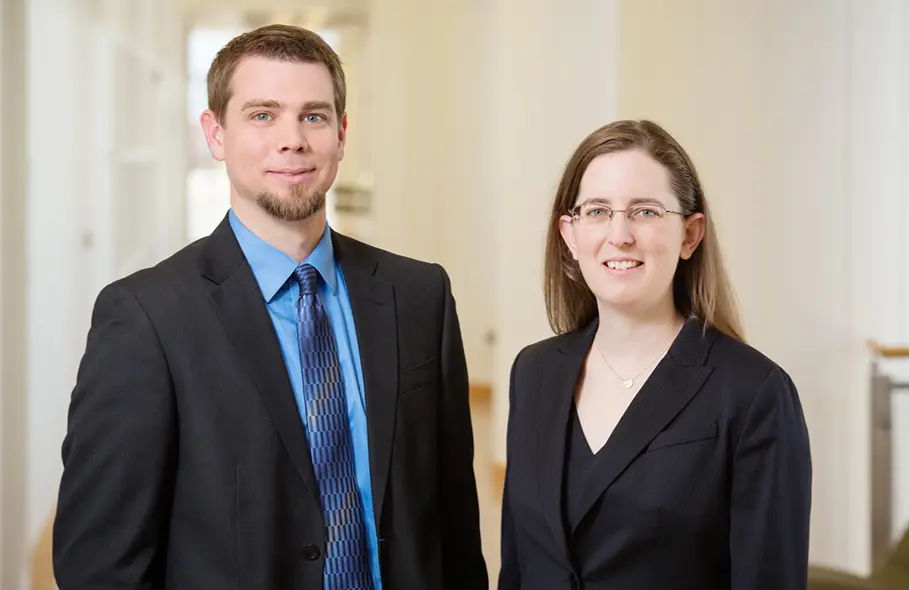Expert Viewpoint: Jennifer Delaney on Universities’ Internal Subsidies for their Athletic Programs
by Sharita Forrest, UI News Bureau / Mar 20, 2023

Universities’ subsidization of their athletic programs decreased while these programs’ spending increased when a college sports TV network was introduced in their conference, according to a study by then-graduate student Tyler Kearney, currently the associate vice president for finance and administration at Louisiana State University; and Jennifer A. Delaney, a professor of education policy, organization and leadership at the University of Illinois Urbana-Champaign.
Editor’s note: Jennifer A. Delaney and Tyler Kearney co-wrote a recent study that examined how revenue from collegiate sports TV networks affect universities’ internal subsidies for their athletic programs. Delaney is a professor of Education Policy, Organization and Leadership at the University of Illinois Urbana-Champaign whose research focuses on higher education finance. Kearney, who earned his bachelor’s, master’s and doctoral degrees at the U. of I., is the associate vice president for finance and administration at Louisiana State University. Delaney and Kearney spoke with News Bureau education editor Sharita Forrest.
Are campuses subsidizing their athletic programs in forms other than direct allocations?
Delaney: We looked at three distinct types of subsidies – direct subsidies, which involve actual money moving between parts of the universities; student fees; and indirect subsidies, such as groundskeeping crews that mow the quad also mowing the football stadium. These subsidies are common and generally relate to facilities maintenance or landscaping where having a separate staff doesn’t make economic sense.
But these subsidies often are not recognized in the athletic department’s spending. The department may be getting grounds maintenance for free because the campus is paying the grounds crew’s salaries and has historically done so. The amount of subsidization shifts between which sport is in season but tends to remain constant across years.
Your study describes an ongoing controversy on some campuses about subsidizing athletics. Why the controversy?
Delaney: Most athletic programs don’t break even. They’re subsidized by their campuses, some by direct student fees. And there have been large controversies about this issue – often raised by the faculty – that state general appropriations and tuition revenues should be used for instructional purposes. Two of the most notable controversies were at the University of California, Berkeley and Rutgers University.
Read more from the UI News Bureau...